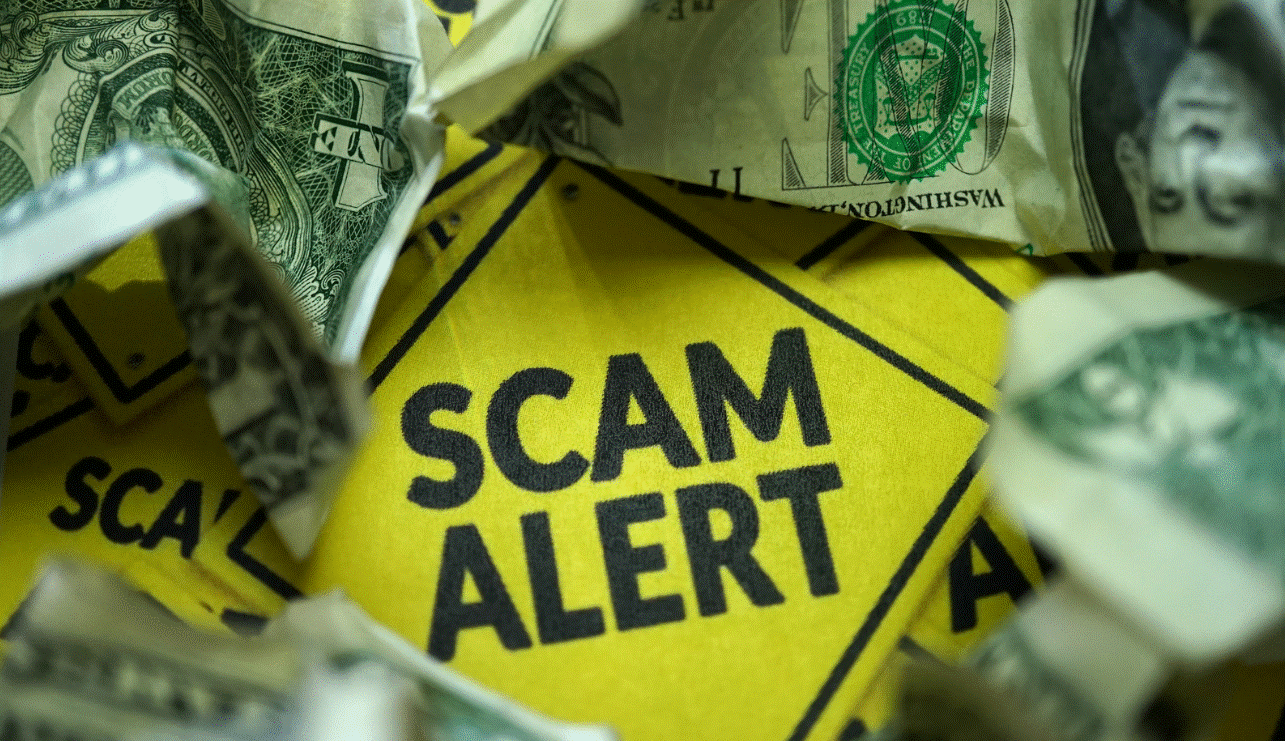What Rising Insurance Costs Mean for Home Values
In recent years, homeowners across the U.S. have been facing a growing concern: rising insurance premiums.

Homeownership is an exciting chapter of anyone's life. However, first-time buyers tend to be more vulnerable to scams, from financing to maintenance and remodeling.
It's not because new homeowners aren't savvy. There's just so much to learn and manage when you're not familiar with the nuances of homeownership. Here are some of the main scams to look out for when purchasing your first house and how to avoid them.
1. Exploitive Lending and Mortgage Relief
There have been 35 mortgage relief scams filed by the Federal Trade Commission in recent years, in which scammers promise to negotiate your rate with mortgage lenders, audit loan paperwork or provide legal services for a fee. Some pretend to be with the government.
Other lending scams include interest rate offers much lower than average and monthly mortgage payment scams. The rule of thumb is to spend only 28% of your gross yearly income on your house.
2. Phishing Scams
Real estate phishing scams are becoming more common, putting agents and buyers on high alert. Typically, scammers pretend to be your real estate agent and convince you to wire money to a fraudulent account.
It may be challenging to recognize these scams at first — cyber criminals use advanced software to create similar email addresses and phone numbers to match your agent's. Unfortunately, once you send money, it's impossible to retrieve.
3. Utility Scams
When moving into a new home, you may feel pressured to switch to different energy providers or purchase expensive and unnecessary equipment. Solar panel providers have become particularly persistent in recent years.
Some scammers pose as utility representatives to gain your trust and steal your personal information. They may even come knocking on your door.
4. Home Servicing and Warranties
Fraudulent home servicing companies will overquote you for repairs and equipment, even going so far as to include extra charges and fake, costly warranties.
For example, most roof repairs cost about $10,000, while minor fixes may cost a couple hundred dollars. If asked to pay anything astronomically more, you can guess you’re getting scammed. Understanding typical costs for your area will help you seek more competitive pricing.
5. Contractor Con Artists
Each state has its own laws, but contractors must provide proof of licensure and insurance before starting home renovations. Hiring an unlicensed and uninsured contractor is a liability and could decrease your home's value.
Other signs of a contractor con artist are extremely low project bids, insufficient references, verbal agreements without written contracts, pursuing the work without permits and asking for full payment upfront.
Tips for Avoiding Homeownership Scams
Protecting yourself as a new homeowner has never been more critical. Recognize and avoid homeownership scams with the following tips:
● Never wire funds to someone you don't know or put money down on a property you haven't seen.
● Be aware of unsolicited contacts, especially from "lenders" with high-pressure sales strategies.
● Get multiple quotes for projects and put everything in writing, including labor and materials fees, communications, payment terms, warranties, the scope of the work and prospective timelines.
● Ask contractors for proof of credentialing and check online for complaints and reviews.
● When unsatisfied with remodels and repairs, make copies of documents and take pictures of poor-quality work before pursuing legal action.
● Never pay upfront costs for projects — some states have limits on down payment amounts — and avoid issuing final payments before contractor jobs are completed to your satisfaction.
● Look at existing warranties and fine print before seeking new ones.
● Avoid contact with potential door-to-door energy scammers unless you call the utility companies directly to learn about their offerings and prices.
Remain a Vigilant First-Time Homeowner
New homeowners have a lot on their plate, but staying alert to scams must be a priority. There's much to lose when falling victim to exploitative schemes before, during and after purchasing your home. Be wise and practice due diligence every step of the way.